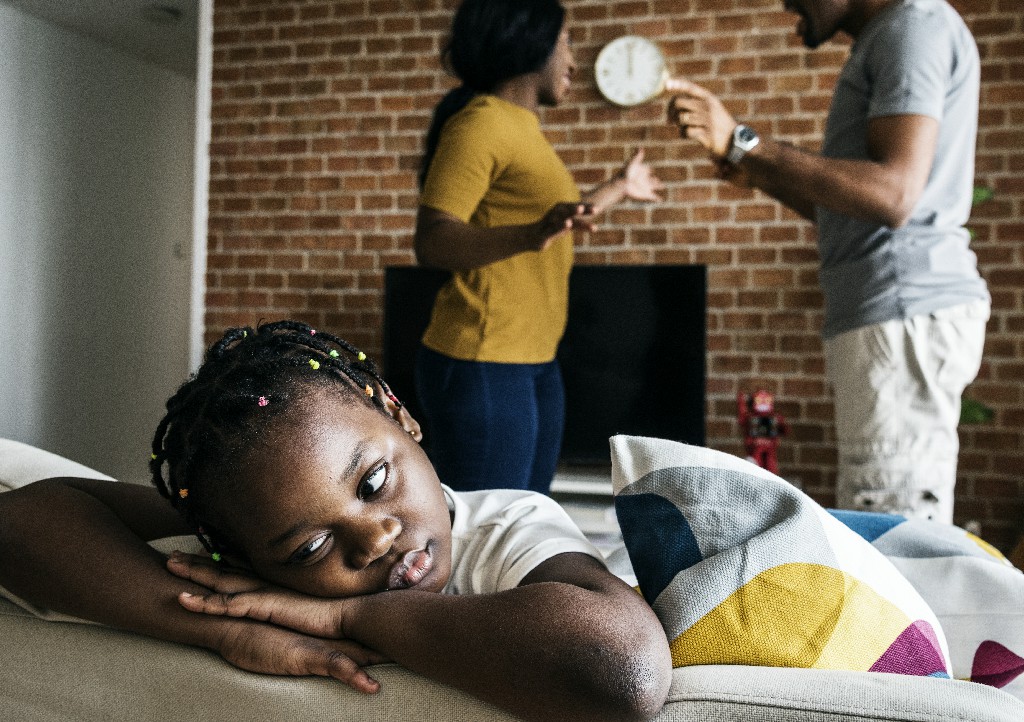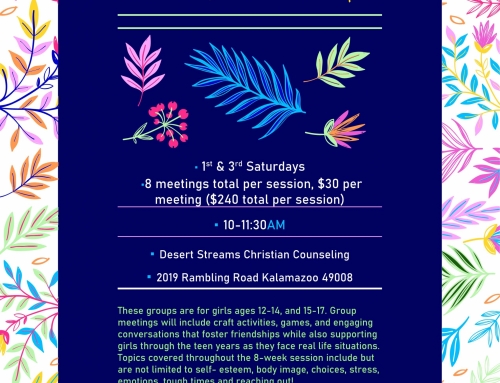In my work with children, one of my roles and responsibilities as a therapist is to help bring awareness to parents on how they can help their children through a divorce. Divorce is a complex and emotionally- charged journey. As such, it is not uncommon for parents to become so wrapped up in the emotional upheaval and stress of the divorce that, despite good intentions, children are unintentionally ‘lost’ in the process. Below are 5 things that I have learned in working with children and teens on what they “wish” their parents knew when it comes to divorce. My hope in sharing this information is to help parents become more intentional in how they help their children through this journey.
- Your children love and need BOTH their father AND their mother: Your relationship with your spouse was between the two of you. The decision to divorce was not one your children made. Their relationship and love for each of you remains unchanged. In all of your doings, be intentional about honoring their unchanged need for a stable relationship with the other parent by choosing to hold your tongue and refrain from speaking negatively about the other parent while in their presence. If you need to, find a good friend, pastor or counselor who can help you to work through your feelings but do not involve your children.
- Your children choose you AND they choose your ex-spouse. Children are very loyal to their biological parents, despite failures, addictions, and poor decisions a parent might make. Do not bring them into any custodial issues. If they are of age where the court is allowing for more decision-making, honor their decisions but do not get involved in or try to sway them in one way or the other.
- Children believe the failure of the marriage relationship was partly their fault: Children feel the weight of the divorce and through the process, wonder if they caused the divorce. In their minds, if parents argue over issues dealing with the children, they can blame themselves for problems and decisions that only adults can make. Some of the most powerful words that you can say to your child when facing or going through a divorce are “It is not your fault.”
- It is OK to talk about your feelings! Children learn how to live and deal with emotions by watching how their role models handle emotions. It is OK to acknowledge when you are having a rough day. Show your children that all emotions are OK and that they can find healthy ways to handle them. Engage your children in preventative stress management with you such as going for walks, reading joke books together, drawing, doing yoga, memorizing scriptures, serving others through volunteer work, sharing a family gratitude journal, playing sports, etc.! You are building life-long skills when you walk through and help children learn to cope with all emotions in a healthy way. Make a list together with them and go to the list when you need it!
- Children are not therapists! When you get proper help for yourself and for your children, they feel secure: There have been times in my practice where I have noticed children carrying unnecessary burdens. It is crucial as a parent to seek help and counsel from other trusted adults. Do not ask your children for relationship advice or bring them into adult conversations about divorce. Let your children be children and find ways to meet your needs through your relationship with God and other mature and healthy adults. On the flip side, children might need to talk to someone who is impartial and not directly involved in the divorce. Do not be afraid to ask for help for yourselves AND for your children. By doing so, you are giving them a healthy example of how to cope when things happen in life that are not easy.






